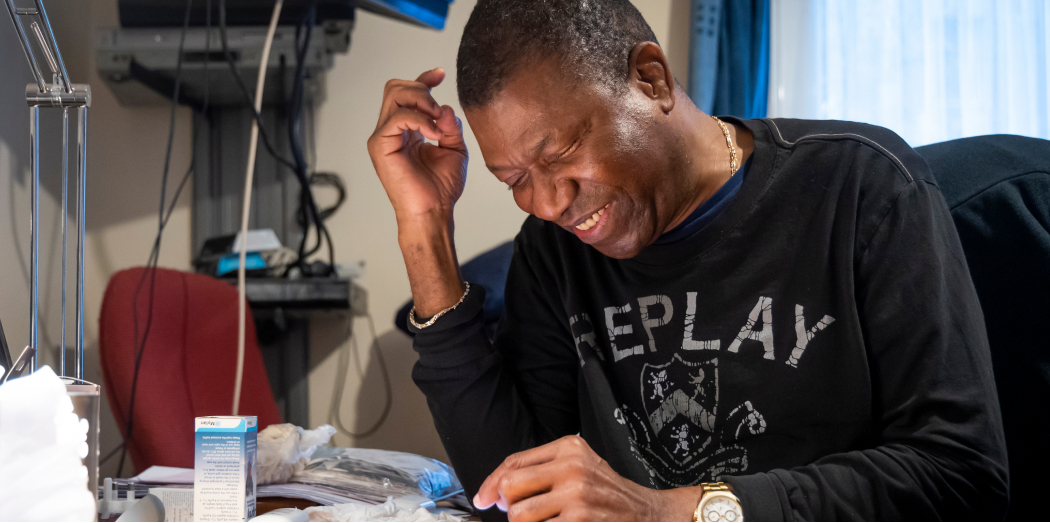Women growing older: Older women’s experiences of accessing cannabis information and support through virtual community
2022 Catalyst Grant
While older adults are now the fastest-growing group of cannabis consumers since the 2018 legalization of cannabis in Canada, very few studies explore the social dimensions of cannabis consumption among older adults. It is still unclear why older adults consume cannabis, how cannabis consumption impacts their mobility, and how and where older adults access cannabis-related information and support (both virtually and in-person).
To begin to answer these questions, this research assembles an interdisciplinary team of scholars in the social sciences, humanities, and health sciences, as well as older women-identified community researchers with lived experience of consuming cannabis. This pilot project aims to collaboratively create a virtual research community to engage older women in developing their own Cellphilm, a video created using a cellphone or tablet, to answer the following questions: 1. How do older women understand their cannabis consumption in relation to their physical and community mobility? 2. What are the facilitators and barriers in seeking information and knowledge about cannabis? 3. What are the technological possibilities for supporting older women who consume cannabis’ physical and community mobility needs via virtual communities?
Grounded in a feminist participatory arts-based research approach that infuses feminist perspectives with participatory and action-oriented research processes, this study will work with six participants who identify as older or aging women (trans and femme nonbinary inclusive) who consume cannabis to participate in a 10-week virtual Cellphilm workshop over Zoom. At the end of the project, each participant will have created a Cellphilm that uniquely tells a story about the complexities of cannabis in relation to their physical and community mobility and the facilitators and barriers toward seeking out cannabis-related information, knowledge, and support as a means to support their mobility. The participants’ Cellphilms will be knowledge dissemination tools to be screened to participants and more publicly for greater interrogation of this key social justice issue.


